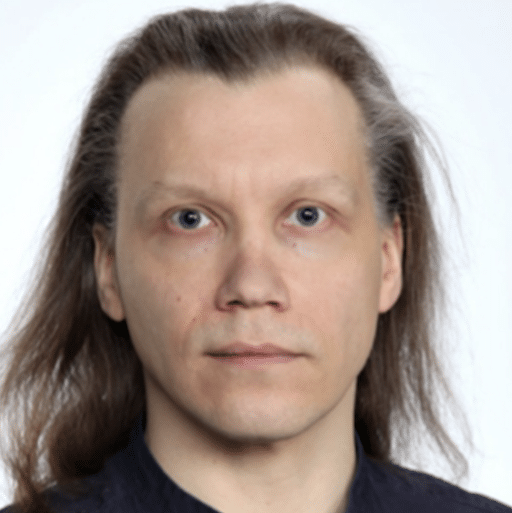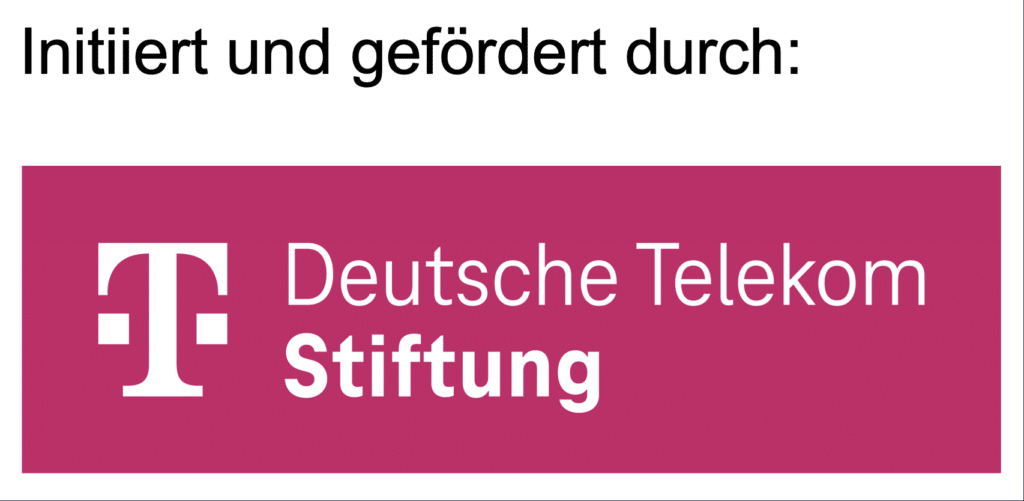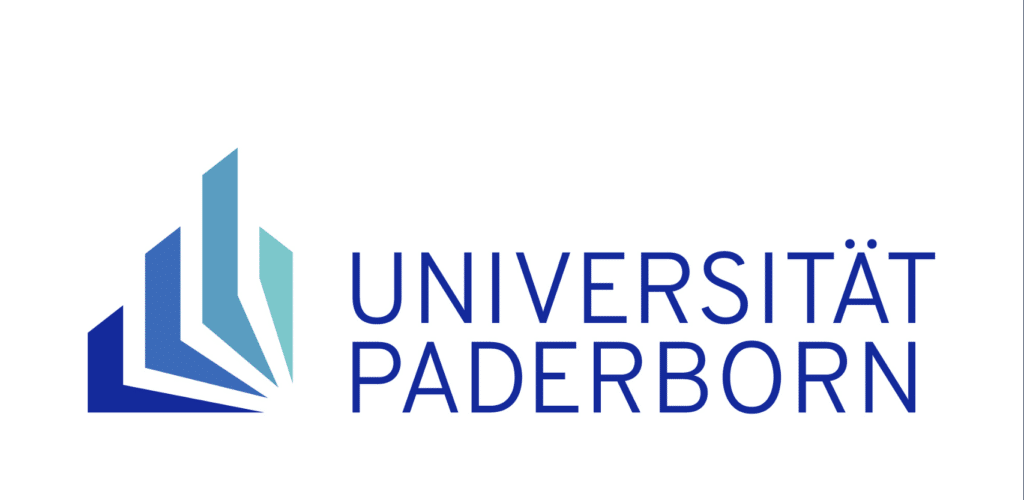Abstract
A major technological shift has recently triggered discussions about the need to amend computing education at all education levels. Traditional, rule-based automation has been joined by machine learning (ML), which, when provided with enough computing power and data, has enabled new classes of jobs to be automated, and thus expedited automation in the society, workplace, and in people’s everyday lives.
Although ML has become an integral part of our lives, communities, and societies, it has gained very little attention in K–12 (school) computing education which mainly focuses on rule-based programming and computational thinking. This talk will map the emerging trajectories in educational practice, theory, and technology related to teaching machine learning in K-12 education. It will situate that research in the broader context of computing education and describe what changes ML necessitates in the classroom. The talk will outline the paradigm shift that will be required in order to successfully integrate machine learning into the broader K-12 computing curricula.
Bio Matti Tedre

Dr. Matti Tedre is a professor of computer science, especially computing education and the philosophy of computer science, at the University of Eastern Finland. His 2019 book “Computational Thinking” (The MIT Press, with P.J. Denning) presented a rich picture of computing’s disciplinary ways of thinking and practicing, and his 2014 book “Science of Computing” (Taylor & Francis / CRC Press) portrayed the conceptual and technical history of computing as a discipline.
Bio Henriikka Vartiainen

Dr. Henriikka Vartiainen is a senior researcher at the University of Eastern Finland, School of Applied Educational Science and Teacher Education. Currently, her research focuses especially on learning Machine Learning through co-design as well as on the ways to support children’s data agency.



